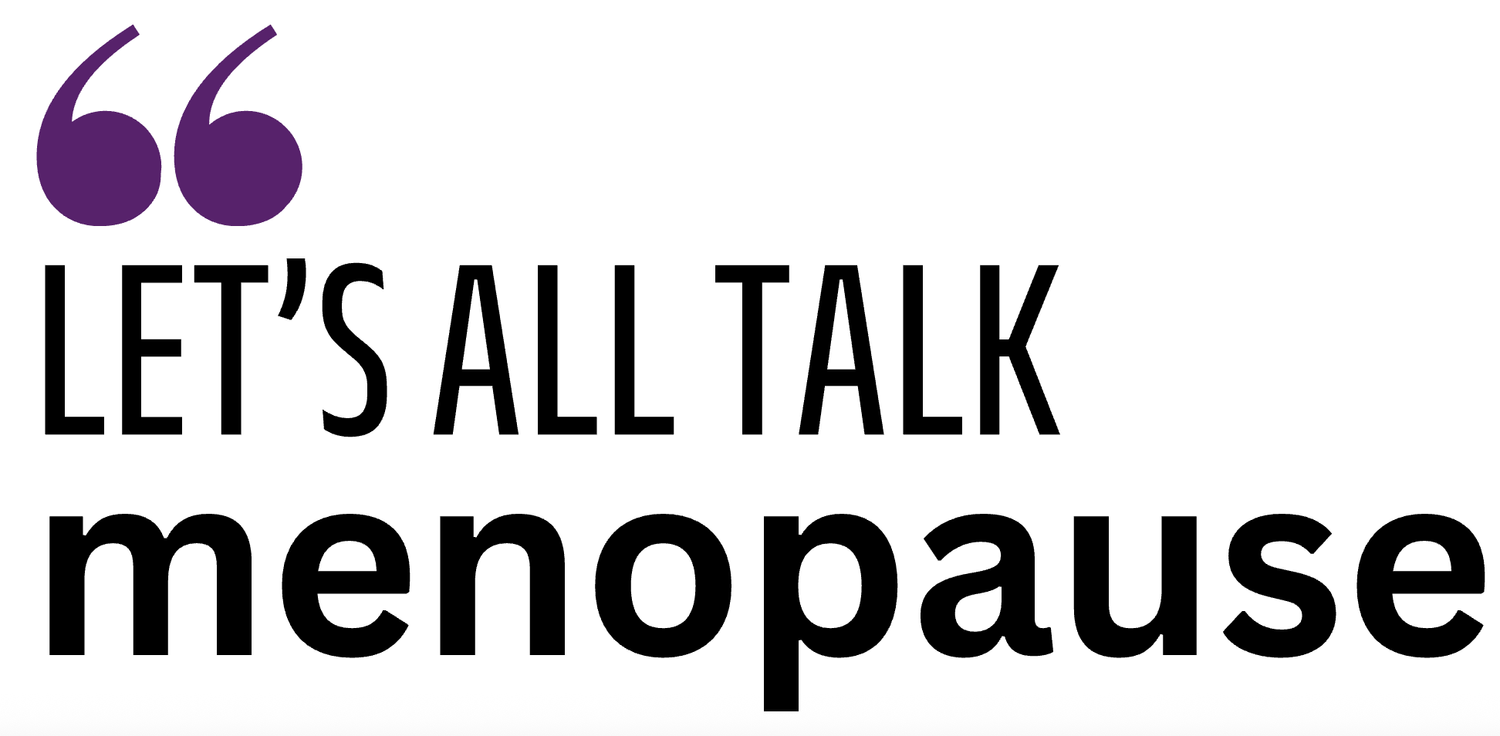Navigating Menopause - with Dr Anne Henderson
Menopause is a big change in a woman's life, bringing a range of symptoms and health shifts. There are around 37 symptoms linked to menopause, affecting almost every part of the body due to oestrogen receptors. Here's a straightforward look at what to expect and how to manage it.
"Virtually every tissue in the body has receptors."
Symptoms and Early Signs
Wide Range of Symptoms
Menopause impacts many parts of the body, including the brain, eyes, teeth, gums, heart, bones, and skin. While it used to be mainly about hot flushes and mood swings, we now know it affects the whole body.
Early Signs
Perimenopause, the lead-up to menopause, usually lasts about 10 years, starting between ages 45 and 55. But symptoms can start as early as the early forties. Common early signs include:
Changes in Periods: Heavier, more irregular periods, sometimes closer together or skipping periods.
PMS: More severe PMS symptoms like low mood, anxiety, breast tenderness, migraines, and bloating.
Mental Health Impact
"Many women really do think they have a serious illness or several."
Menopause can really affect mental health, causing mood swings, anxiety, and depression. The drop in oestrogen levels, which normally help with mood and anxiety, is a big reason for these changes.
Tips for Managing Menopause
Hormone Replacement Therapy (HRT)
HRT can be really helpful for managing menopause symptoms. It uses natural hormones from plants like soya and yam, avoiding synthetic ones. Getting the right balance of oestrogen, progesterone, and testosterone is key.
"HRT is not the be-all and end-all, and if it's done, it's got to be done properly."
Lifestyle and Diet
Making some lifestyle changes can make a big difference. Here are some tips:
Intermittent Fasting: Helps with weight loss, brain function, and reducing insulin resistance.
Strength Training: Important for keeping muscle tone, metabolism, and joint stability.
Healthy Eating: Cut back on alcohol and caffeine and focus on a balanced diet.
"Strength training is almost essential to maintain muscle tone."
Natural Remedies
Herbal therapies like phytoestrogens and adaptogens can be beneficial. Herbs like sage are great for managing symptoms. Just make sure to use high-quality products and consult a professional.
Regular Health Check-ups
Women over 50 should get regular health tests like smear tests and mammograms. Hormone level tests can also be useful, even though they aren't always recommended.
"Oestrogen is the conductor of the orchestra."
Conclusion
Menopause is a significant transition that affects many aspects of health. Knowing the symptoms and early signs, along with adopting effective management strategies, can make this phase easier. Combining HRT with lifestyle changes and natural remedies offers a well-rounded approach to managing menopause.
For more information and support, it's a good idea to talk to healthcare professionals and use reliable resources.
